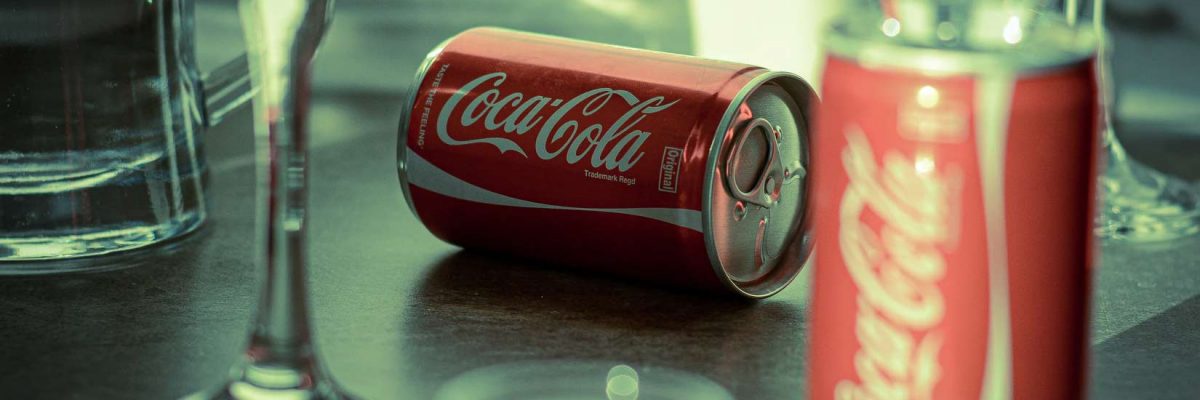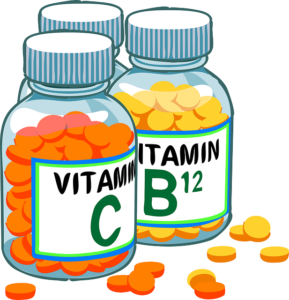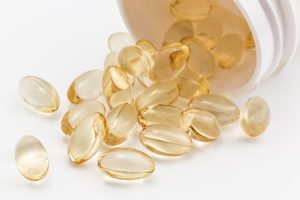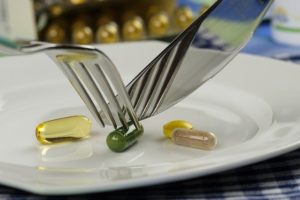The pain relieving specialist gives a hint: Artificial sweeteners as an alternative to industrial sugar lemonade / industrial sugar cola – is it better and healthier?
Let’s take a look.
Artificial sugar substitutes as a better alternative to industrial sugar. Is it really better?
A certain effect on the risk of stroke and dementia (among other things) is not so far-fetched if you look at a few studies on the subject. Drinking one to six artificially sweetened drinks per week was associated with a 2.6 higher risk of a stroke. Compared to not drinking.
“Forbes” commented in an article: “Diet sodas are supposed to trick the brain into thinking it’s getting an extra dose of glucose (the brain’s fuel), but ultimately the trick works on us because the brain adapts to not getting the added glucose by overcompensating in other ways (leading to a variety of effects that are still being studied).
“Heart Attack – Study (with nearly 60,000 post-menopausal women, for about 10 years):
Only 2 diet drinks per day – risk of early death from heart disease may be dramatically increased. Metabolic syndrome and type 2 diabetes
(Recommendation to people with type 2 diabetes: artificial sweeteners instead of sugar. Right? )
Studies on this: intake of diet soda (at least 1 x daily) – 36% higher risk of metabolic syndrome – 67% higher risk of type 2 diabetes Depression
(Study, 264,000 US-Americans over 50 years): four glasses of diet soda (or other artificially sweetened beverages) daily – about 30 percent higher risk of depression Weight gain – artificial sweeteners can promote metabolic disorders and may encourage the accumulation of fat
Are you still with me? ![]() I know, tough stuff all that. A crucial – important – idea, which I think cannot be repeated often enough, is that a person only needs to eat fewer calories and then weight loss will occur.
I know, tough stuff all that. A crucial – important – idea, which I think cannot be repeated often enough, is that a person only needs to eat fewer calories and then weight loss will occur.
Is that really true? In other words, only eating less leads to weight loss.
Drinking drinks with 0% sugar leads to weight loss because fewer calories are consumed.
What is the brain’s reaction when it “thinks” it is sugar, so it is tricked? Example: I eat 4 bars of chocolate every day and thus consume 2000 Kcal. Or I eat 2000 Kcal from real food.
After a month, who has gained more weight? The Kcal are the same, aren’t they? Or I drink 2 litres of Diet Coke every day, compared to drinking 2 litres of pure water. After a month, who has gained more weight? Technically, it’s the same, isn’t it? Both drinks have 0 kcal.
What if I eat 500 kcal of fibre only or a bar of chocolate? Does that have the same effect on the body?
One kcal is not the same as one kcal. Does that make sense?
I hope I was able to give you something for the day. If you have any questions, just ask.













